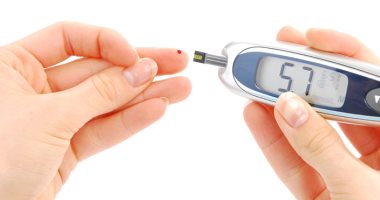Glucosuria occurs in some illnesses, such as diabetes, and some people are unaware of their glycosuria until a urine test is performed. It occurs when your urine contains glucose or other carbohydrates such as lactose, fructose, or galactose. According to webmd, this is known as “occasional glucosuria.”
When your blood sugar levels are excessively high, your body normally excretes glucose in the urine. The kidneys filter glucose and reabsorb the majority of it back into the circulation in healthy humans. To maintain a constant equilibrium, your body carefully regulates glucose levels. Eating too much glucose can harm your organs and nerves, yet your body requires sugar for energy.
A tiny quantity of glucose in the urine is normal, but if a random urine sample reveals more than 0.25 mg/mL, this is called glycosuria and might be caused by high blood glucose levels, kidney filter problems, or both.
There are three main causes of glycosuria:
Conditions involving problems using or making the hormone insulin
Kidney conditions where the tubes have been damaged, or other kidney defects
Eating more sugar than the body can process at one time
Glycosuria in diabetes
Diabetes, called diabetes mellitus, is a condition in which your body cannot produce enough insulin or use insulin properly. Insulin is a hormone that regulates the amount of glucose in the blood. ?
There are two types of diabetes
Type 1 diabetes.
This is a type of autoimmune disease in which your immune system destroys the beta cells in the pancreas that make insulin. Type 1 diabetes usually occurs in childhood or the teen years. ?
Type 2 diabetes.
In this case, your body develops insulin resistance and fails to respond to the hormone, resulting in glucose utilisation issues. Obesity and being overweight are key risk factors for having type 2 diabetes, which usually occurs later in life. However, children who are obese can also acquire type 2 diabetes.
Diabetes is caused by glycosuria, which occurs when there is insufficient insulin or when your body is unable to utilise what is available. Without insulin, blood glucose levels get too high, and the kidneys are unable to filter and reabsorb it, thus the excess is excreted through urine.

